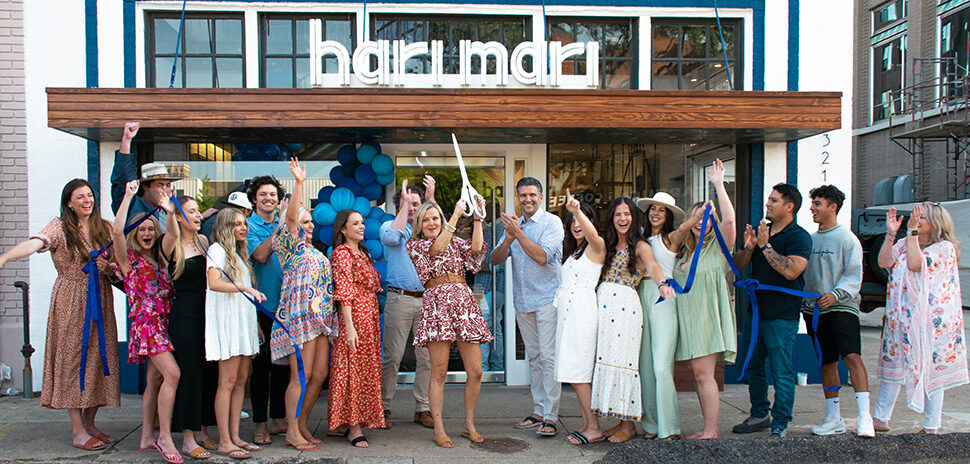This spring, I lost my home in a flood. Then this summer, I got laid off.
I’d always had compassion for people who had to decide which bills to pay first and which ones to put off, but the stress of managing simultaneous life transitions increased my empathy for many of our neighbors in poverty who may not have the resources to manage.
Luckily, this combination of circumstances gave me a chance to seek a fresh start — and evaluate a number of choices.
Here are some things I considered in the process:
Founder or supporter?
One of the most daunting things about being self-employed, an entrepreneur, an artist, or having a job at a small business (including nonprofits) is if health care isn’t provided. If health insurance coverage has a high deductible or only catastrophic, having a pre-existing or chronic condition requiring medication may deter you from taking the plunge into DIY life. Having started GuideLive.com and La Reunion TX, I know I can be my own boss, but I also love being part of a team.
On a recent panel, my friend Suzanne Smith talked to hundreds of young Latin American and Caribbean social entrepreneurs about intrapreneurship — learning from an employer who gives you room to make mistakes in your job and rebound rather than taking all the risk yourself.
As a true extrovert, I love the camaraderie of an office, but also appreciate occasional separation of my home life from my work life, so I would rather join an existing company as opposed to starting another.
Local or global?
Five generations of my family have lived in Dallas. My sister, parents, in-laws, and dozens of cousins all still live here. And although there are interesting opportunities all over the world, it’s a critical time in our city. Our entrepreneurial ecosystem has never been more vibrant. As Dallas chooses a new city manager and police chief, and makes decisions with multi-generational impact about how we engage with the Great Trinity Forest and expand mass transit, I want to be here.
Nonprofit or for-profit?
The greatest misnomer for nonprofits is the mistaken assumption that nonprofits lose money. Nonprofits must profit like any other corporation or they go out of business. However, they must reinvest their proceeds in their mission rather than paying dividends to investors.
Fortunately, the market now demands that employers, vendors, and retailers demonstrate social responsibility and good citizenship. An impact organization can be a nonprofit or for-profit business solving a key societal problem without negative consequences.
As a former journalist, I believe the Constitutionally-protected fourth estate provides an essential public service — and many privately-owned small businesses like community newspapers are thriving. So, though it touches a nerve (and for good reason) when the nonprofit business model is declared “dead wrong,” I’m excited to join a for-profit business looking out for its clients and our community.
Editor’s note: On Oct. 27, Catherine Cuellar will be one of the featured speakers at TEDxSMUWomen 2016. For tickets or more information, go here.
Delivering what’s new and next in Dallas-Fort Worth innovation, every day. Get the Dallas Innovates e-newsletter.




























